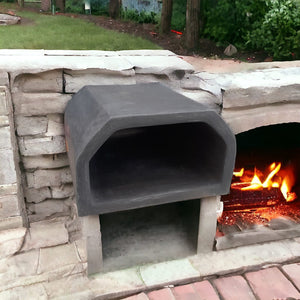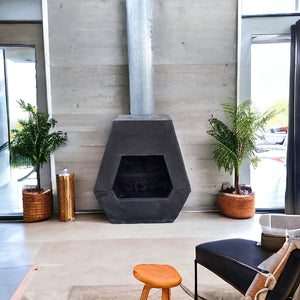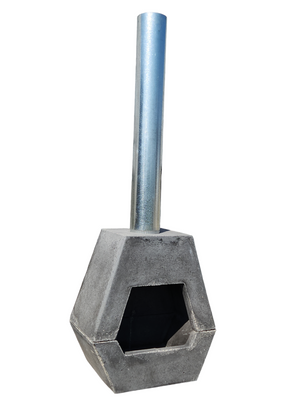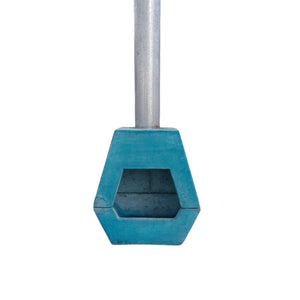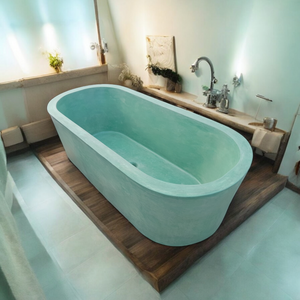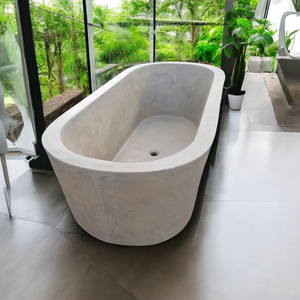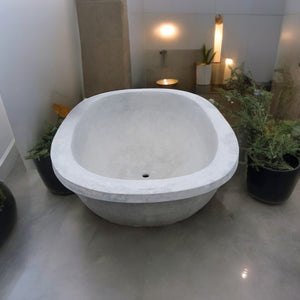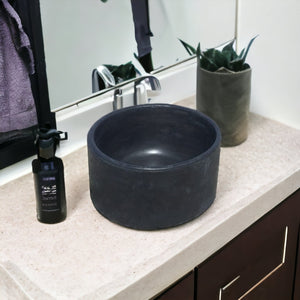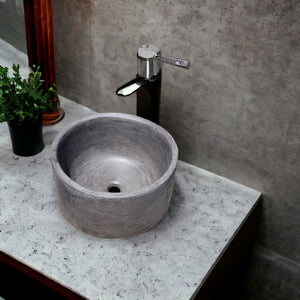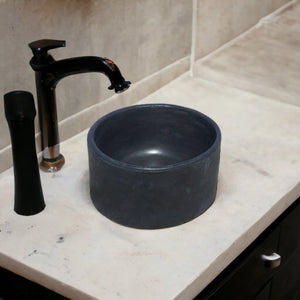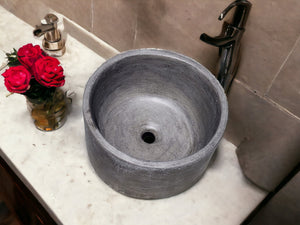Proteaceae Genera (The Protea Family)
Let’s help you find out more...
History: You’ve been a long time coming, Baby!
The Protea family has been around for a very long time. Varieties have developed and changed significantly over the years and as result we now have about 80 genera and 1600 species.
Through the use of DNA sequence data, botanists have discovered that the Proteaceae family of plants lived on the ancient super continent Gondwana almost 120 million years ago.
What’s in a name?
This varied genus of plants is named for the sea-god of ancient Greek mythology, Proteus, who was known for his ability to change his appearance at will.
It’s said that the Proteaceae family was named after him because of the incredible variety of shapes, sizes and textures it presents itself in.
Family ties...
The proteiod root system of the Proteaceae is what unites the copious numbers of species as one family, despite the extremely diverse shapes, colours and sizes of both their foliage and blooms.
Their clustered roots are short and closely spaced, enhancing nutrient uptake and enabling them to flourish in low nutrient soils.
All it takes is love and a few other essentials...
- Wet winters; humid conditions should not prevail in summer;
- Full sun with good air movement;
- Fairly frost tolerant once established - they can usually withstand frosts around minus 2° in winter;
- Certain species grow well on shale and alkaline soils, however the majority of Proteaflora plants need an acidic soil with a pH between 5.6 and 6.5. Some of them can tolerate neutral to alkaline soils with a pH between 6.6 to 7.5;
- Sandy loam or open soil. Some Proteas thrive in heavier soils but will not tolerate heavy clay soils. In gardens with heavy soil, it will be necessary to first mound the soil to improve it and then dig in compost and gypsum to break up any residual clay;
- Generally, it is not necessary to feed Proteaflora unless conditions are extremely severe. Should this be the case, artificial fertilizers should be avoided, although ammonia fertilizers are suitable provided they are low in potassium and lack phosphorous. For the same reason, only plant in old flower beds if no phosphorus fertiliser has been used previously;
- Best grown away from plants requiring regular feeding. Desist from using mushroom composts as they contain salts harmful to Proteaceae. It is also best to shun the application of blood and bone, manures and products made from them, as the nutrient balance is not suitable for these plants;
- A natural mulch such as bark, straw or leaves protects the plants’ surface roots, retains moisture and keeps weeds down. Pull out any weeds by hand and avoid using herbicides;
- Water at least twice a week in the first summer, preferably daily when very hot. The soil around the root system should not be permitted to completely dry out when the plant is young. Watering can gradually be reduced as the plant becomes established about 2 years after planting out.
- If potted, water on a daily basis;
- Planting: March or September in winter-rainfall regions. Do not disturb roots.
Yes, yes, no, no: Points to remember...
Is pruning necessary? When do I prune?
Yes. Cut the flowers each year and give the plant a good tidy up.
I have an established Protea plant. Can I move it?
No, Proteas do not have a dormant period and dislike root disturbance. If you still want to try, here are some pointers to improve your chances of success:
- Move the plant during winter.
- Prune the plant, reducing it by about one third.
- Take as large a root ball as possible.
- Water well into new position. Keep soil damp and use mulch.
How long will my Protea live for?
The average life span of Proteas is 15 to 20 years; however King Proteas can live up to 100 years.

